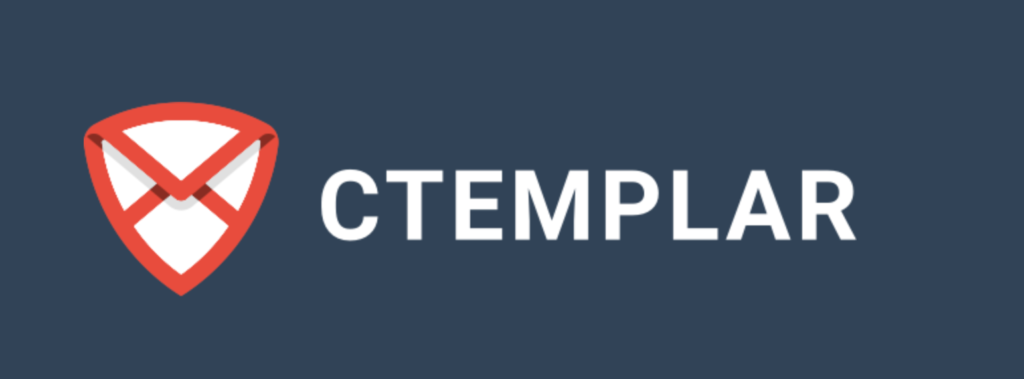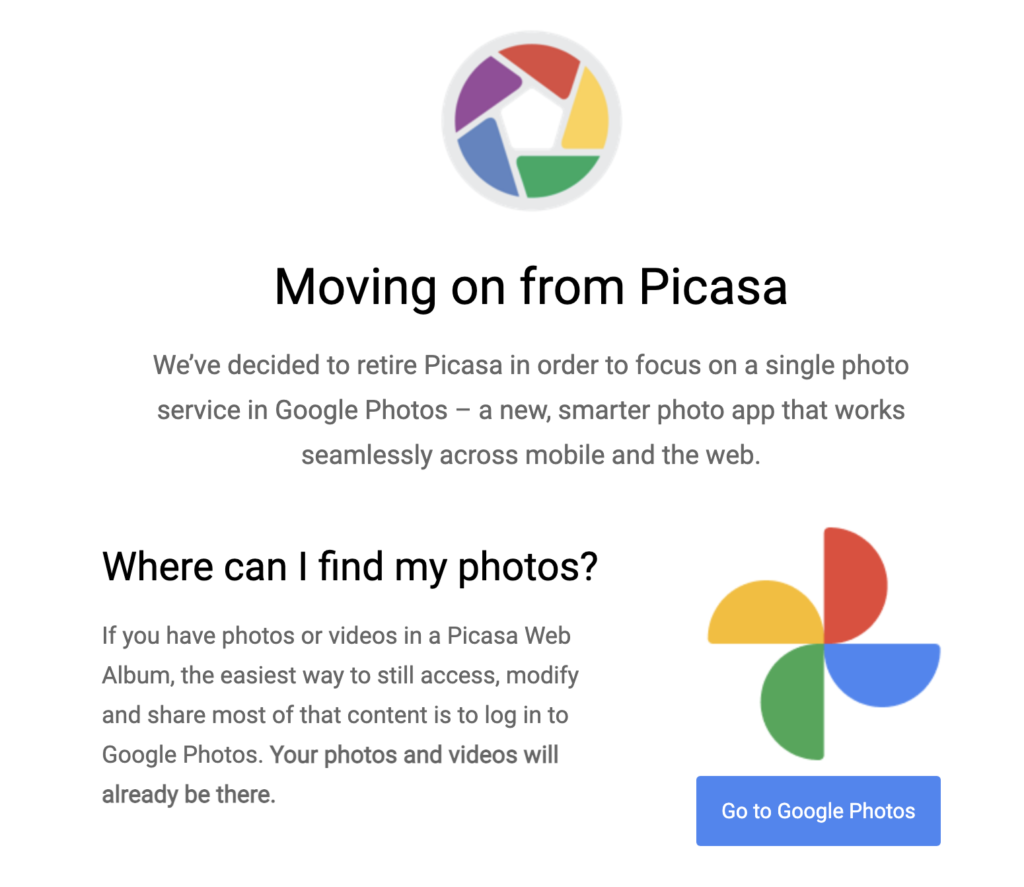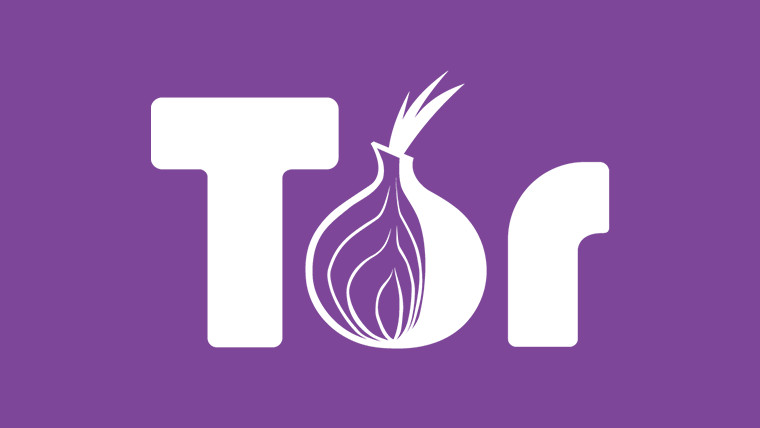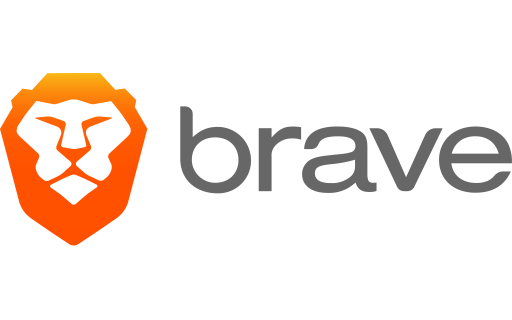PERHAPS WE ALL HAVE at least one obsession. Maybe it is a guilty obsession we keep to ourselves, or maybe it is one to which we feel an apostolic commitment. Some of us have more than one. This post is not directly about religion, but in a world ever more militantly secular and intolerant of dissent, dissent from the world’s norms has become a form of treason the penalty for which is “cancellation”. It is not government alone that tracks deviants from the prevailing norm, but also (and even more) big tech—through social media especially. Even as it assists in persuading us to accept the prevailing secular norm, so it exploits us through data mining, and channelling our economic activity for their own profit.
The Uighurs in western China may perhaps serve as an emblem for this. We are to be rid of our religious culture, and made to conform to the socio-cultural, and economic, priorities of the establishment. I mean no belittling of the plight of the Uighurs. They are the canaries in the global mine. Their plight is a warning to us. The late Martin Niemöller’s lament is as relevant today, with only the names changed:
First they came for the socialists, and I did not speak out—because I was not a socialist.
Then they came for the trade unionists, and I did not speak out—because I was not a trade unionist.
Then they came for the Jews, and I did not speak out—because I was not a Jew.
Then they came for me—but there was no one left to speak for me.
Once I hd been a fervent supporter of Google—former motto, Don’t be evil. I am not kidding you: they have ditched that from their Code of Conduct. Recently its underlying marketing principle has emerged clearly into the light of day: offer free things, make them really great, hook in the users till they are as good as dependent, and then start charging money in the expectation that most users will find paying up an easier option than changing. If necessary, buy up others’ programs, expand their user base by offering them for free, and then kill off the program and replace it with a Google alternative, eventually requiring payment.
The Problem
Some of Google’s products were failed experiments; Google was never afraid to chance its arm in search of market dominance. There is even a website devoted to what Google has killed off. One product is, for me, emblematic: the photo editing program Picasa.
Picasa was launched by a company called Lifescape way back in 2002. An innovative product, it was bought by Google in 2004, and offered for free. As a standalone free program it was excellent: you could organise and edit photos, in an attractive and functional interface with superb and easy to use editing tools. It offered free online—cloud-based we would say today—albums that allowed the user to store and share photos.
Then in 2016 Google announced it was discontinuing Picasa, and shutting down the cloud service. This was all so Google could concentrate on something even groovier: Google Photos. Here was a product that was seamlessly integrated with the growing suite of services any user could access, for free. Progress, eh?
One could back up photos taken on one’s smartphone automatically, with unlimited cloud storage and editing tools (not as powerful as Picasa’s, mind you). Fantastic! Almost too good to be true. Well, it was. The better informed tech-laity mostly accepted that Google could offer its services for free because their tracking of our internet use allowed it to target us with ads better suited to our tastes, and so offer better value for advertisers’ money. Not wholly wonderful but, okay—very little is really free in this world, after all. Tracking in lieu of payment was bearable.
But Google had a long game in play. This month Google Photos ceased being free beyond 15GB of cloud storage. Over that limit you must pay for extra storage, beginning at US$1.99 per month. Unless, that is, you have bought a Google Pixel phone, which will have free storage still. But note well, this 15GB of free storage covers all your Google cloud storage, for example in Gmail or Google Drive, not just Google Photos. Moreover, if you are used to backing up your photos to Google in high resolution, 15GB does not last as long as you might think.
Google Photos currently stores more than 4 trillion photos, with 28 billion new photos added each week. You see how addicted the world is to Google. Google’s advertised rationale rings very hollow:
Google has a dual-pronged strategy guaranteed to make it eye-watering profits: (1) promote dependence on free services and then start charging for them knowing that a majority of people cannot face the hassle of changing as long as the ongoing costs start low; (2) mine users’ data and track their internet usage so that relevant ads can be targeted at users and so increase Google’s advertising revenue.
Very little is truly free in the modern world. If you get something free, then 9 times out of 10 you—your habits, tastes and spending patterns not least—are actually the product.
Google is not alone, of course. Facebook was infamously caught out (and has certainly learned how better to evade scrutiny) selling its users’ data. That’s how we pay for its “free” services. WhatsApp, a free and increasingly widely used messaging program that protected users’ privacy and prevented tracking for marketing or any other purposes, controversially changed its privacy policy this year, and will now share some of the data it stores about those who use it. You can opt out—but then you will be blocked from the app! They are gambling on most people not caring about the change. It’s a safe gamble for WhatsApp, which—surprise, surprise—was bought out by Facebook in 2014. Instagram…who owns it now? That’s right: Facebook.
What can we do?
We can start by weaning ourselves off big tech quasi-monopolies for whom we are the commodity, big business the valued customer. It is easier said than done. For example, so many of us would find maintaining our wider social networks without Facebook a real challenge. I do.
Yet we must start somewhere. So we can all make a start by moving to privacy-protecting internet browsers, email networks, (and in the next post) search engines, and VPNs. Let me offer some suggestions to help you start your own exploration.
This is not a sponsored post, by the way! (I wish…)
Internet Browsers
Once upon a time we just used the internet browsers that Windows (Internet Explorer) or Apple (Safari) bundled with their operating systems. Competition emerged. Google came up with a much faster and more powerful browser called Chrome. Chrome, which began as a minnow, is now the cyber whale, with a commanding dominance of the market today. Indeed, some experts now consider Google Chrome as little better than spyware. The way browsers track your internet usage is through cookies which together offer a comprehensive profile of you and your internet usage for advertisers (and others?) willing to pay for it. So, in an apparent gesture of reform and commitment to privacy, Google Chrome is going to banish cookies altogether, and offer a different way of tracking suers, who will be grouped by habits rather thad targeted individually. However, we are being warned: all is not as it seems with this alleged privacy enhancement. Moreover, you will still be tracked (Google is still Google after all), and by imposing its own tracking method to replace cookies it is effectively forcing the rest of the internet to comply or be unable to target their advertising to the 70%+ of internet users who browse with Chrome.
So if you want to make a start on privacy, there are some good browsers to try (for free). Tor is so private that it has become infamous as the tool of choice for the nefarious activities of the “Dark Web” (child pornographers, drug and arms dealers, organised crime syndicates, terrorists et al). Its staff ethos has become somewhat “woke.” You might not want to be associated, however distantly, with such users, for obvious reasons. Yet, The Tor Project began as a project of scientists at the US Naval Research Laboratory, and is now a separate non-profit organisation funded by a number of donors and sponsors, including the US State Department. So, you might say, Tor’s profile is complicated.
So, two more salubrious options are Brave and Vivaldi.
Brave blocks internet ads by default, as well as tracking cookies. It has its own non-intrusive, non-targeted advertising, centring on the world of crypto finance (remember, almost nothing is free; the key is knowing the true price). You can opt out of these, or you can accept them and be paid in cryptocurrency for viewing them! Moreover, you can “tip” content creators with some of your crypto earnings. The important thing is that it is quite open about this, and does not compel you to comply. It can offer the browser for free as this is how it funds itself. It even has a built-in mechanism to use Tor. It has apps for Windows, Apple, and Android systems. The company is based in San Francisco and staffed by cyber idealists. It is currently developing its own privacy-protecting search engine. I began my efforts to wean myself off big-tech with Brave.

Vivaldi is now also installed on my machine, and edges out Brave in my daily use. It is more than merely a browser. It comes with a cloud-based calendar, webmail, feed reader, blogging platform, and webpage language translator (you and I are using it as you read this). Like Brave, it blocks ads and tracking cookies, but does not involve an optional advertising system as does Brave. Like Brave, again, it has Apple, Windows and Android apps. You can choose from a number of privacy-protecting search engines (more on these below). Vivaldi Technologies is owned by its employees and has no outside investors. Its employees earn money from their other work. Moreover the company is supported by donations and the sale of branded merchandise, which also help to spread its name. The company HQ is in Oslo, and its serves are in Iceland. It has fast secured my adherence.
Email Providers
Gmail used to be so good. It is, as far as its features and utility go, even better now. But of course, it is integral to Google’s user tracking and mining empire. It scans your emails for keywords on which to decided which ads you will see online elsewhere. Did you order a toaster using a Gmail address, and suddenly find ads for toasters everywhere you go online? Gmail will be part of the complex web that tracked that purchase. Moreover, given Google’s emerging marketing strategy, how long will it be before it also requires payment for come of its premium features?
With privacy-protecting email providers, being authentically “free” entails limited a limited set of features, such as reduced storage for emails and a bare minimum of options. These free plans are invariably funded by users who take up the more powerful and feature-rich paid plans. Most providers offer a free plan as part of their mission to make the internet truly free and private for anyone. The ones below also have fascinating blogs which explore issues of privacy and security, the threats and developments therein especially.

Some of my holiday money has gone into taking up the email package from Proton. This is a highly encrypted email platform that prevents anyone reading your email en route to its destination, or emails from others en route to you. This means advertisers and big-tech trackers cannot mine keywords or develop a profile of a user from his/her email contents. There are no ads from Proton at all. The free level offers a maximum of 150 emails per day (more than enough for most of us), 500MB of online storage and only one email address. But it is just as secure as the paid levels. In all levels you can send emails that will self-destruct, though not with Mission Impossible’s fireworks. The non-profit Proton Technologies, based in Geneva, also sells branded merchandise. The company and its platforms were developed by scientists from the famous CERN laboratory in Switzerland. They set up the company using crowd funding, and now receive support from the European Commission, the Swiss government, and the Ivy League college, MIT. Proton’s philosophy centres on making use of the internet safe and private. To this end it also offers a VPN, calendar, and cloud storage. For these it has desktop and smartphone/tablet apps. Its servers are in Switzerland. Interestingly, it is blocked in Belarus and Russia. So it must be secure enough to protect dissidents.

Another, and newer, email platform is CTemplar. At present the free level is accessible only by securing an invitation, for which one can apply. I managed to get one and am now experimenting with the platform. Users have three invitations they can send out, and a referral code that rewards the referrer if those who use it sign up for a paid level. CTemplar is web-based too, though it has Apple and Android apps. The free level is more generous that Proton’s, with double the online storage and 200 emails per day. It also offers self-destructing emails and a “dead-man timer.” The paid levels are a little pricier than Proton, as CTemplar gets its money only from paying users and donations, and as yet it has no branded merchandise. Its use of only green energy probably adds a little to the cost as well. The paid levels having romantic, vaguely Templar-related names like Knight, Marshall (sic) and Champion. This private company, too, champions and private internet use, thus the name C[rypto]Templar. So as to avoid any hint of compromise the company does not accept corporate or government support. Templar Software Systems is registered in the Seychelles but its office and servers are in Iceland.
Part two, for those not geeked-out, to follow. It has been a long day.





Well said .. very good points clearly stated. Nice job!
Thank you! I’ve the convert’s zeal, which makes for rapid learning. Go well.
Excellent. I’ve already downloaded two new bits a software I knew nothing about. Especially relevant as my Gmail storage is at a stage that I was looking at alternatives. Thanks. All well, I hope.
Hi Chris. Lovely to hear from you. I’ve a few more greens to share in the sequel post, when I get a clear space of time to write it up.
Pax.
An interesting exposition of yours, Frater Hugh, which motivates some of my personal considerations.
Picasa, please, was only worth it for the cloud, but as an image-editing application it was a dump. In the freeware world, IrfanView proved to be the most valuable and useful option ( and at this point, it still is for some key tasks ).
When the first beta of Chrome was released, I tried it and after a couple of days of use I discarded it because I considered it as real ‘spyware’👹. I made this known in a freeware repository where I wrote my opinions of the applications I was testing. Indeed, it was the last time I submitted a comment…. The site administrator ( a submissive follower of Google ) forever blocked my access to the ‘Expert Opinions’ area 😋.
I have frequently used Tor more for the fun of it and not because I believe in real and efficient anonymity. Since the Snowden revelations and by virtue of everything the Obama administration itself did – and its successors and allies and non-allies continue to do to subvert the privacy of web users – the myth of the privacy of my communications is just that and nothing more: A myth 🦄.
The so-called ‘Dark Web’ ( the cyber frontier of organised crime at all levels and in all possible activities ) already has an ‘intelligentsia’ capable of rivalling that of any power in the world. This is not a belief, it is a fact accepted by those who know and have to deal with its activities. Only a novice – or a wannabe idiot – connected to DW organised crime would use Tor Browser to enable their illegal activities. The reason? Tor’s programmatic and historical origin, the country where it is managed and developed, and from where it takes a good part of its funding.
Let us accept, yes, that Tor Browser is a good political tool for dissidents and non-dissidents who still believe in the ‘American Way of Life’ 🧐 as the ‘non plus ultra’ of the universe.
I look forward to your next writings.
Pax tecum, Frater Hugh.
Salve.
You are a little harsh on Picasa, perhaps because you already very tech savvy when it came out. For those of us who could get by on computers without having great skills, Picasa offered a powerful and quick way to organise and do some basic image editing without being overwhelmed. Since most like me did not to edit for professional websites or publications, the results were more than adequate. Its cloud access did not interest me at all back then.
I have used Irfan which is a grand little program, powerful if not quite as straightforward as Picasa. Alas, now that I mainly use Mac, Irfan is not much used by me anymore. He does not have a Mac version as far as I know.
Well, indeed I suspect your suspicions (!) about Tor may be accurate, given its creation by government scientists. But some very tech-savvy people use it with confidence.
Perhaps the real point is that by its very nature the internet never offer absolute privacy or anonymity. If the CIA wants to find you, it probably will. However, my audience will most not be drug barons, mafia dons, terrorists or intelligence agents. For them, as for me, I have nothing to hide from the light of official attention. My aim is to evade the intrusive marketing practices of big-tech and tech-commerce as far as I can; the government can follow me wherever it wants. Well, my government at least. I would not be so sanguine if I were a citizen in Russia, Hong Kong or Belarus.
So, if I have a point it is this: why make it easy for them to get my information and target me with their ads, and whatever else they lob my way? Of course I cannot disappear entirely. I use Google Maps and Amazon; I cannot totally hide from them. But I need not offer open house for all and sundry which most of us do without knowing it.
So far Proton Mail and CTemplar have virgin Spam boxes for me. Long may it last!
Pax et bonum.
Nice post, congratulations. How about Tutanota?
Good question! I remember reading about in comparison reviews which raised certain doubts. One was that it was part of the 14 Eyes alliance and so susceptible to any government demands for their logs. Of course, only people with something to hide from the government would care about that! My desire is to avoid big tech.
Tutanota is cheaper than Proton Mail and I wonder should have given it a chance. 🤔
As far as I remember, the subject you mentioned was the request of a court. Tutanota publicly shared on Github that they weren’t able to actually help with the retrospective court. But I don’t know what they can do to help. And I think if this case is about terrorism, they should find a way to help. Anyway, I think you should give Tutanot a chance. Maybe this will be a new blog post. 🙂
I take your point. Tutanota certainly offers value for money. The problem is I have forked out for two years of Proton Mail! But maybe I could use a free Tutanota account and review it. 🤔
Great Im just start a proton and th@nks for information buddy
👍 😁
Nice framing presented, BUT, its foundational underpinning is not how the world works; especially internation businesses and European and American exploitations of weaker nations.
The reality is political leaders, led by the past American Leader (the Orange Virus) has infected the world and we are all set on the track ignoring the Train heading at us due to our inability to make attempts at cooperation and fairness.
ON the browser front, the steps that are taken are good. AS these developers present an alternative to mainstreams and allows the little guys, like us, to present a fresh look at our current environments for intormation access, sharing and most important information expansion.
In life, we are doomed if we dont find ways of moving our “free-world” countries to stop exploiting its citizenry for its political gains and doomed if we dont “force” leadership to stop using us to play games with other countries and using that gamesmanship to create the chaos as free-world countries have.
There is ONLY one planet, and we its people are NOT taught the common existence and the common humanity we should have.
This article foster that tone. Vivaldi is an excellent browser contribution. I believe we should support if for its merits no matter what other browser arenas offer. As with all things, its leadership will invite corporate taleover OR it will become a behemoth in the browser industry. This is the way thing work in our present business innovative world.
Enjoy its merits.
Please, no hate mail for my sharing an insight. I dont love Google, but, all of these International corporations are hated for one reason or another generated by reports like these.
My post: I am trying to draw attention to a larger issue that faces all of us with leaders in and out of Corporations and Governments not taking the steps we need for citizenry benefit. Instead, this report seem to be exemplary of the same tactics they use…distraction and deflection to enforce hatreds vs focus to universal benefit.
So much hatred seems to have become our new normal when what we need is means to draw us together. Advances and the creative ideas, for example, projects like Vivaldi demonstrates are the kinds of motivaton we need based upon the outstanding services and features it presents us.
So, to me, Vivaldi is a model and we need these!
Vivaldi is the only thing wich changes my way of thinking nd exploring love from India
Article brillant et plaisant à dévorer !Deux remarques :
J’aurais ajouté :
– Posteo, même s’il fait partie d’un des pays des 5 yeux, il est réputé pour n’avoir pu fournir des éléments à la Polizie dans le cadre d’une enquête. Mais, je n’étais pas témoin de ces faits..
– Infomaniak, un hébergeur que les plus anciens doivent connaître, suisse de son état, qui a créé un webmail, un espace de stockage, un logiciel d’envoi temporaire de fichier, un service d’envoi de fichier de grande taille…. Je l’utiliser depuis 6 mois, et j’en suis assez satisfait. Etant récent (il venait de sortir quand je suis tombé sur ce service), il ne cesse d’évoluer.
Bright and pleasant article to read!
I would have added:
– Posteo, even if it is part of one of the countries of the 5 eyes. It’s famous for not having been able to provide information to the Polizie within the framework of an investigation. But, I was not a witness to these facts.
– Infomaniak, a host that the oldest must know, Swiss by its state, which has created a webmail, a storage space, a software for temporary file sending, a service for sending large files … I have been using it for 6 months, and I am quite satisfied with it. Being recent (it had just been released when I came across this service), it continues to evolve.
Excellent! Thank you for these additional suggestions.